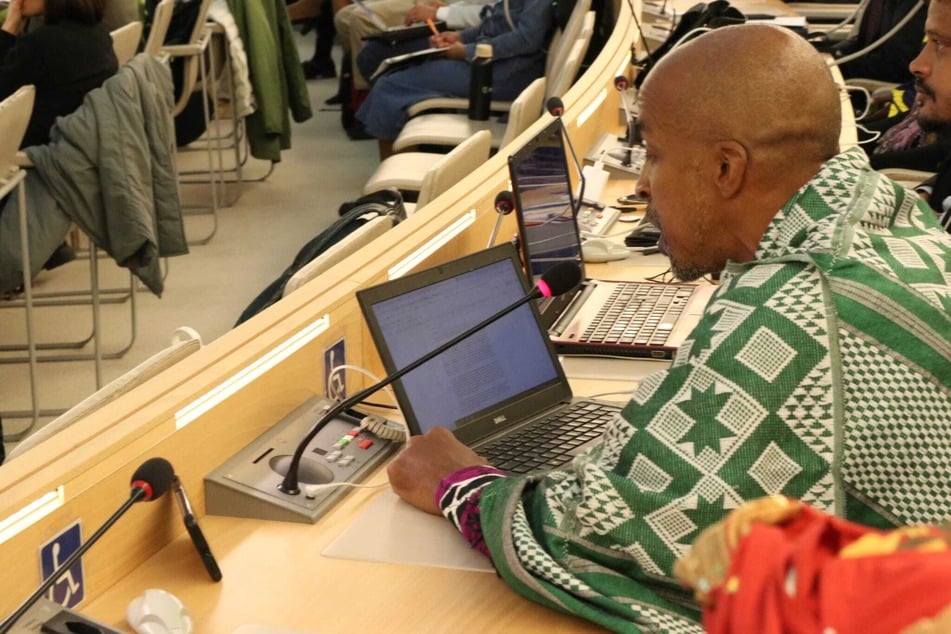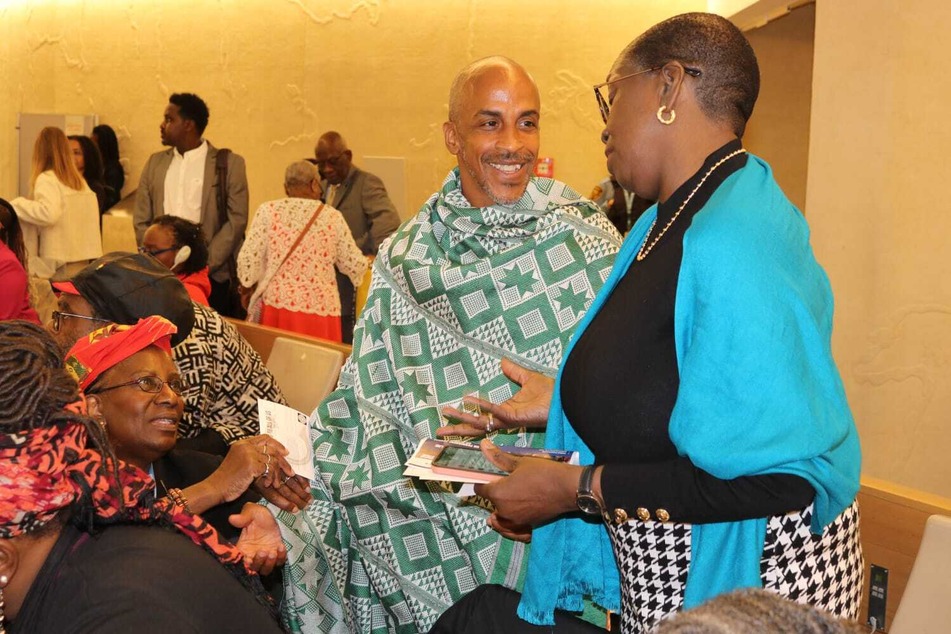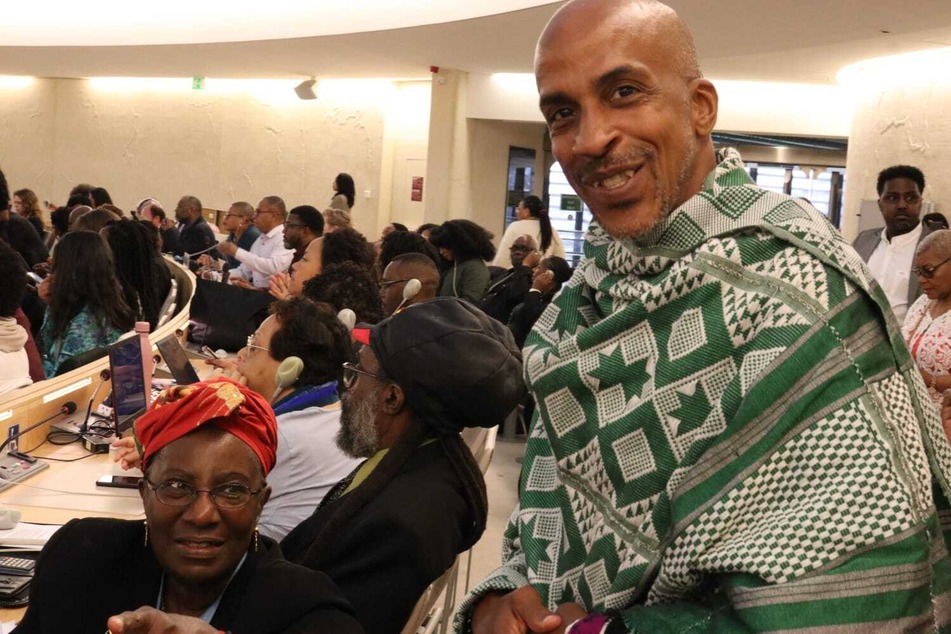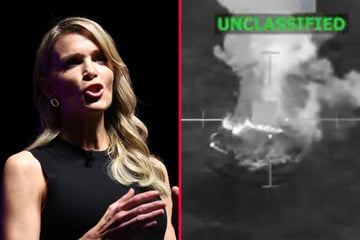The fight to take reparations for Afrodescendants to the World Court
Geneva, Switzerland - Civil society representatives at the third session of the United Nations Permanent Forum on People of African Descent (UN PFPAD) are demanding action to bring the case for reparations before the International Court of Justice (ICJ).

"Malcolm X tried to bring the Afrodescendant and New Afrikan self-determination and reparations claims before the World Court, and he was assassinated. Before him, Marcus Garvey and W.E.B. Du Bois tried to bring our claims to the League of Nations and were denied," human rights advocate and former Olympic hopeful Siphiwe Baleka testified Tuesday in Geneva.
"Since then, Afrodescendant people still living under alien domination have been blocked from bringing our claims before the International Court of Justice," he continued.
Baleka is minister of foreign affairs in the provisional government of the Republic of New Afrika, which advocates independent statehood for those trace their descent to African victims of what is often called the "Transatlantic Slave Trade."
Baleka argues that people of African descent whose ancestors were kidnapped and trafficked by European colonizers are prisoners of war entitled to protections under the Third Geneva Convention. He has led the charge on a petition – supported by at least 248 members of civil society – calling for an ICJ advisory opinion on the question.
The PFPAD is tasked with developing a framework for ending racial discrimination and promoting reparatory justice. Its mandate, outlined in General Assembly Resolution 75/314, includes "request[ing] the preparation and dissemination of information by the United Nations system on issues relating to people of African descent."
"Isn't the ICJ part of the UN system?" Baleka challenged the forum on Tuesday.
Systematic denial of self-determination

Baleka has repatriated to Guinea-Bissau after a DNA test and extensive genealogical research uncovered his stolen Balanta identity and heritage. His personal story forms part of a wider ethnocide whose roots he traces to Pope Nicholas V's 1452 Dum Diversas Apostolic Edict.
The edict, Baleka says, constituted a declaration of "total war" on African peoples by condemning them to a state of "perpetual slavery." Under the guise of religious supremacy, European nations began a full-scale assault on African peoples, trafficking millions of prisoners of war to the Americas.
Chattel slavery powered the United States' ascendance to its status as the global political and economic superpower it is today. Though the system was officially ended in 1865, enslavement by other names has continued in the decades since.
Since its inception in 1968, the Republic of New Afrika has made the case that the 14th Amendment violated the right to self-determination by forcing American citizenship on all those who had been stolen from their homelands and were born in what became the United States.
This denial signifies that people of African descent today are still POWs, according to Baleka. Under the Geneva Convention, the status lasts until "final release and repatriation," while there is no statute of limitations on prosecuting war crimes and crimes against humanity.
Initiating the case for reparations

An ICJ advisory opinion on the matter – though non-binding – could prove an important step forward in the fight for reparations, self-determination, and healing.
"The essential issue is this: millions of Afrodescendant people are still living under alien domination; yet until now, we have not had access to the highest court on planet Earth," Baleka said in his testimony on Tuesday.
"If the ICJ can hear the case of genocide committed against the people living in Gaza, why can't the ICJ issue an advisory opinion on behalf of the victims of the Maangamizi – chattel enslavement, ethnocide, colonialism, and its continuing harms?" he continued to resounding applause.
"Are we still considered less than other people? Is it the case that only some people have access to the World Court while others don't?"
Baleka concluded his testimony with a call to action, urging newly elected PFPAD Chair Dr. June Soomer to sign and transmit the request for an advisory opinion to the ICJ.
"Let's end the first International Decade for People of African Descent with a real accomplishment: initiating the case for reparations," he demanded.
Dr. Soomer told TAG24 NEWS on Thursday that she will not take independent action on the petition request. The matter must first be discussed among all of the forum members, she said, and a decision will not be reached until all legal considerations are taken into account.
"The people want justice, and we're tired of being told we have to wait or that our claim must be analyzed and approved by others," Baleka told TAG24 News.
Cover photo: Angela Sayles

